News
1-9 elements, in total: 130
No results


At the award ceremony for the Hungarian Academy of Science's most prestigious research prize for researchers under the age of 35, Balázs Pósfai represented our institute among this year's winners. What does this award mean to a young person who has won practically every prize available in his age group?
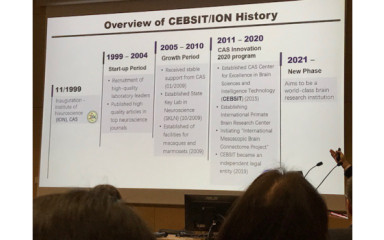
Just as Pompeius the Great's ships carrying grain had to sail from Sicily to Rome even when the sea was stormy, is the whole world with cooperation. As the old saying goes, "navigare necesse est (it is necessary to sail) – and despite all kinds of wild winds, both small and large, we must try to cooperate. Although this famous saying ends with . . ."vivere non est necesse" (it is not necessary to live), just like ancient sailors, today's researchers and research institutes also want to live.

3DHISTECH is a Hungarian company founded in 1996 that manufactures digital object scanners and develops software.
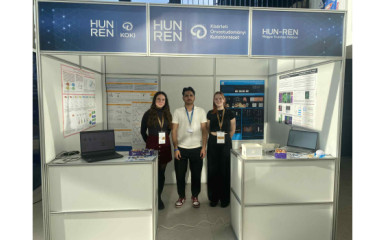
The XXV Meeting of Nobel Laureates and Talented Students, the second of this type of event in this year's was held in Szeged between November 23 and 25, 2025. Since we participated in this first meeting in April, we were surprised by the new invitation. However, the success justified our invitations!
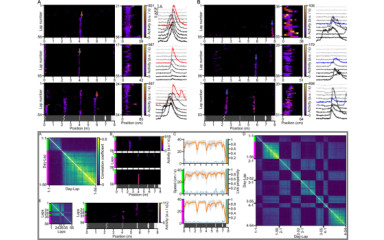
An extraordinary report on an extraordinary observation! How do the place cells of the hippocampus work? The Nusser group's discovery was published in the journal eLife and the first author Máté Sümegi reports on it.
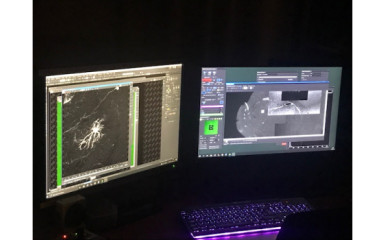
Just a week ago, students from five high schools visited us as part of the MTÜ program, where they attended lectures and visited laboratories. On Wednesday and Thursday (November 19-20), students from Semmelweis University's Talent Development Program will visit us, and we may welcome some of them as TDK students in a few years' time, as their visit here has inspired them to pursue neuroscience.

The study, published in Science Advances and resulting from collaboration between Makara and the Ujfalussy group, revealed how the activity patterns of nerve cells in the hippocampus, the brain's main learning and memory center, change during spatial learning and adaptation to sudden changes in the environment. The results show that the hippocampus plays an important role not only in learning but also in brain processes responsible for cognitive flexibility. Further investigation of these processes may lead to a better understanding of the mechanisms underlying cognitive decline observed in many psychiatric disorders and in aging.
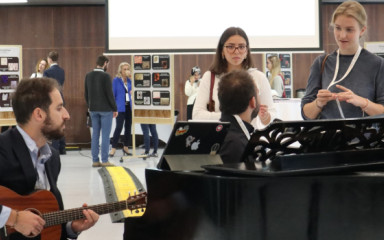
It has been a month since SfN Hungary, or officially known as the Society for Neuroscience Hungary Chapter, held its inaugural conference in Budapest between September 30 and October 1, 2025, at the Semmelweis University's Nagyvárad tér Theoretical Block (NET) building.
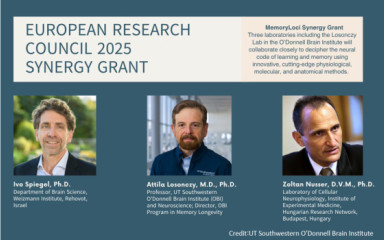
Academician Zoltán Nusser, deputy director of our institute, after winning two ERC Advanced Grants (2011, 2017), together with Attila Losonczy (University of Texas, Southwestern Medical Center) and Ivo Spiegel (Weizmann Institute), has won this year's Synergy Grant, the most competitive and prestigious grant offered by the ERC.


